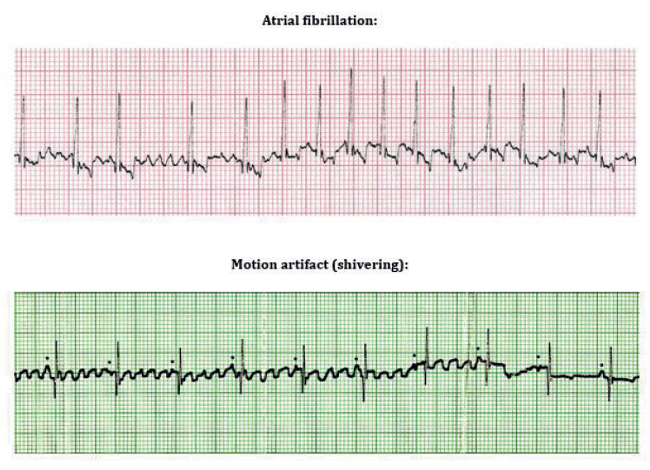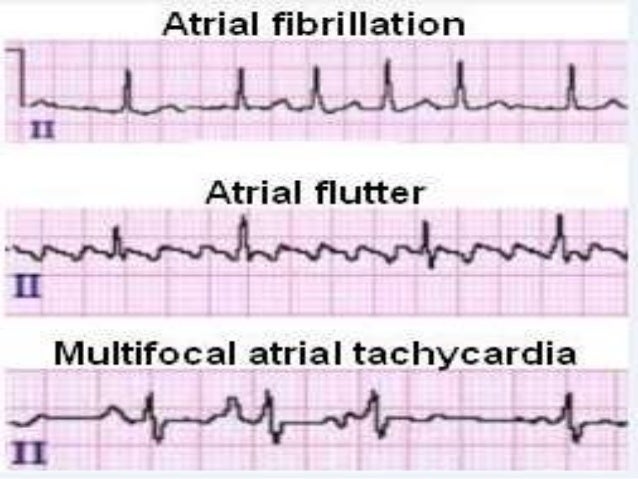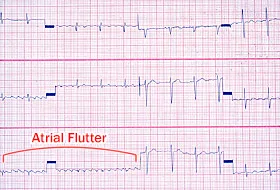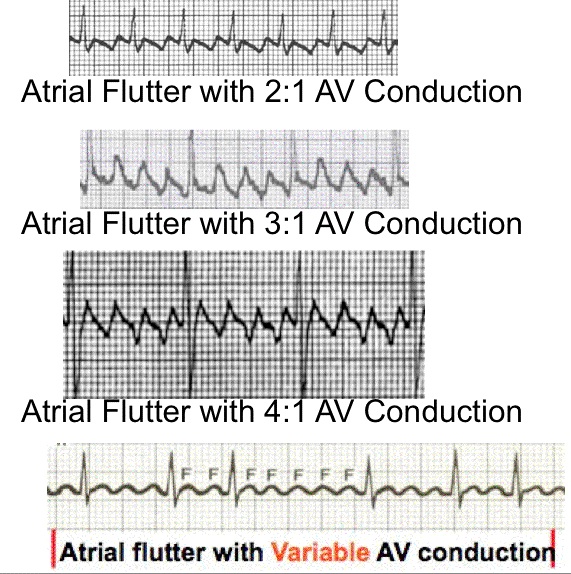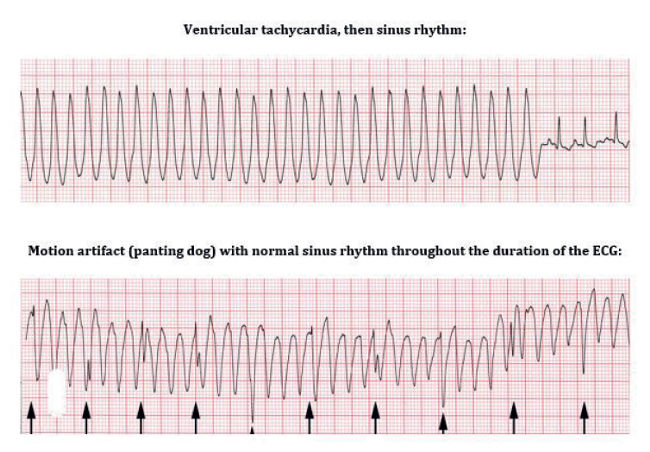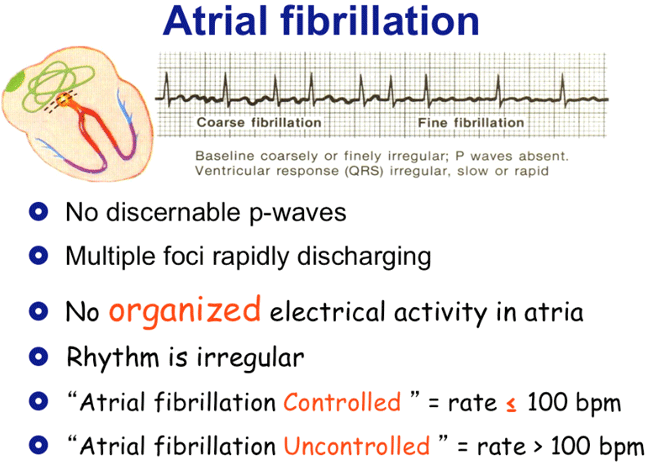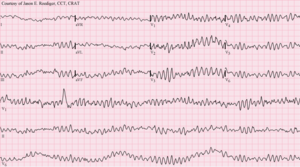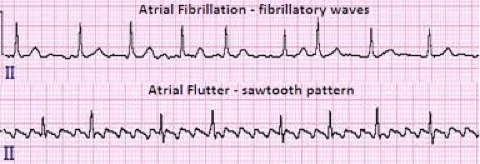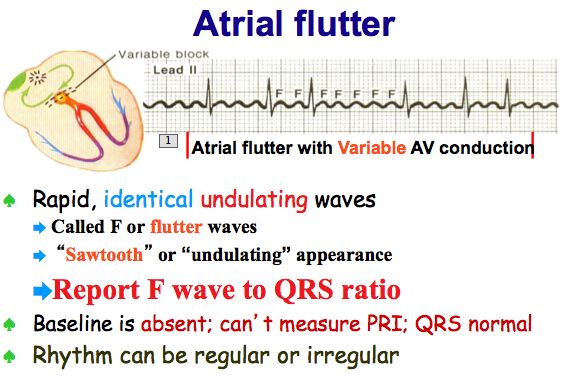Atrial Fibrillation V Flutter

1 electrical cardioversion.
Atrial fibrillation v flutter. Atrial flutter atrial fibrillation afib and atrial tachycardia are not the same things. One of the main differences in afib and atrial flutter is that in atrial flutter the pulse is regular even though it s fast while in atrial fibrillation afib the pulse is fast and irregular. Both conditions can make your heart beat too fast but in a different way. Pharmacological cardioversion pcv is an integral part of the management of atrial fibrillation af and atrial flutter afl in symptomatic patients who require a rhythm control strategy.
Nevertheless it is impossible to determine exactly which out of the atrial impulses has been conducted due to the extremely fast atrial rate. Atrial flutter is less common than atrial fibrillation. They both occur when there are problems with the electrical signals that make your heart chambers contract. Digoxin on ventricular rate control in the emergency treatment of acute atrial fibrillation and flutter aff.
About a third of people with atrial flutter also have atrial fibrillation. Cardioversion either by a synchronized direct current dc electrical shock electrical cardioversion ecv or by the application of antiarrhythmic drugs aads. Atrial fibrillation afib and atrial flutter and feel similar with symptoms and signs like shortness of breath blurry vision lightheadedness and heart palpitations. In some people these arrhythmias must be actively converted to a normal rhythm cardioversion.
This prospective randomized open label trial involved 30 consecutive patients who presented with acute aff to the emergency department of an urban 420 bed community teaching hospital from april 1993 through. Some people have mild symptoms others have none at all. Afib is the most common type of. Afib and atypical aflutter requires more expertise and radiofrequency ablation has lower success rate.
The conducted impulse indeed is not always the one that immediately precedes the qrs complex. Atrial tachycardia is a general term that indicates a cardiac condition where the rate of contraction of the heart s atria is fast and not normal but does not describe the type of heart rhythm. Atrial flutter is less common but has similar symptoms feeling faint tiredness palpitations shortness of breath or dizziness. Such people include those in whom the atrial fibrillation or atrial flutter causes heart failure or other symptoms of low heart output.
In atrial flutter the atrial electrical activity is far less chaotic than in atrial fibrillation so that assessment of a v conduction is less difficult. To compare the effects of i v. The difference between atrial fibrillation afib and atrial flutter aflutter is clinically relevant because typical flutter can easily be treated by radiofrequency ablation. Atrial flutter and atrial fibrillation afib are two types of abnormal heart rhythm.

